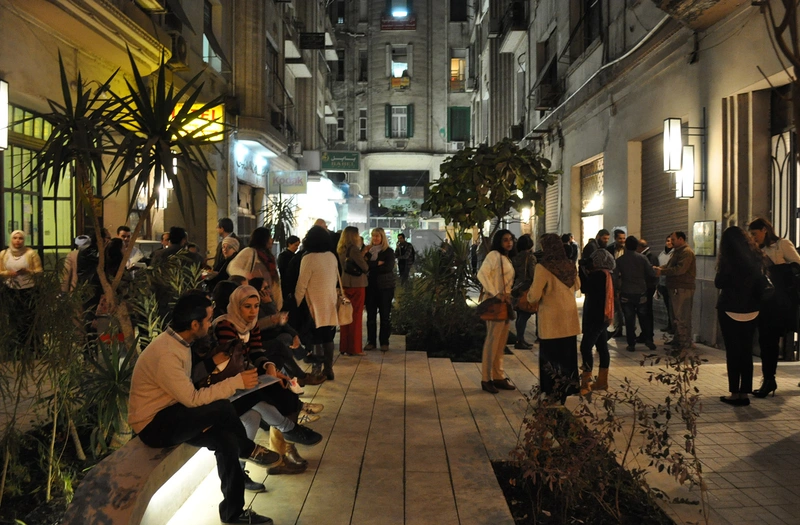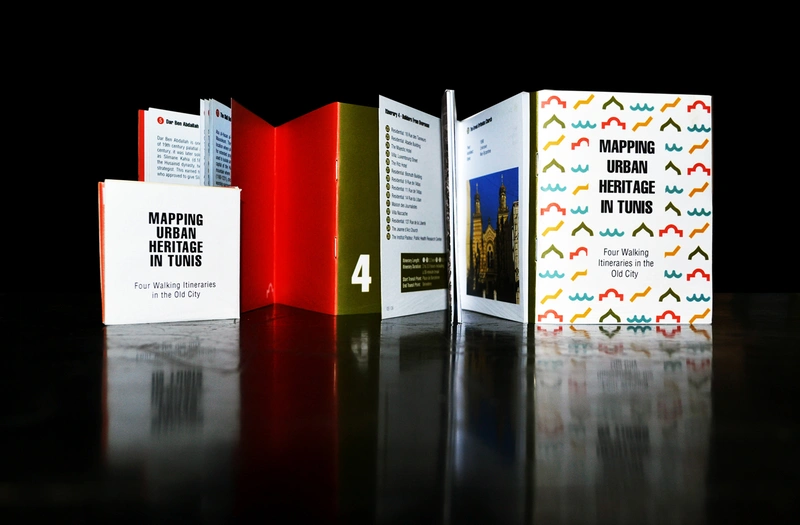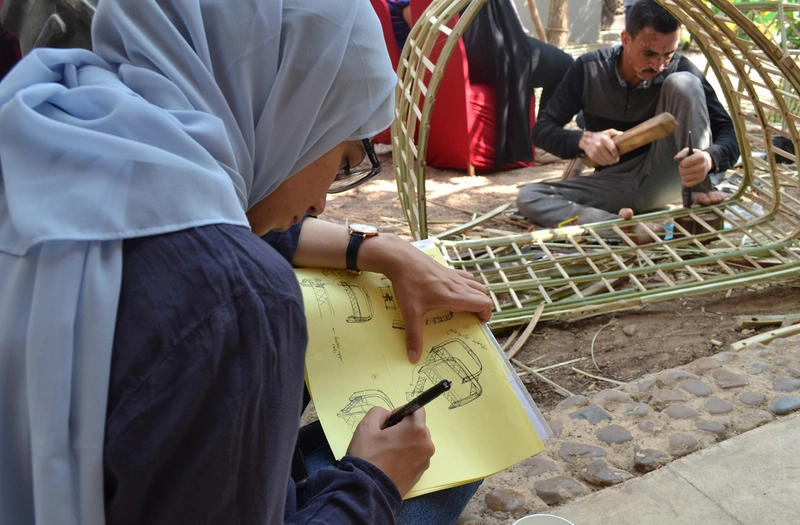Cairo, as most cities in the Global South, is largely produced informally, posing questions about the role of architects and designers in shaping their cities. The project aims at bringing together architects, designers and art students along with craftspeople and artisans, through a direct exchange of formal training and practical and grounded knowledge. Further, the project aims at promoting small businesses and enhancing the visual and environmental qualities in informal areas through direct dialogues with local stakeholders. The project is supported by The Dutch Embassy, in partnership with Everything Earth, and is part of a larger framework, titled Informality as Creativity, which is a two-year program, aimed at enhancing the built environment in informal areas in the Greater Cairo Region.
The project was organized around a series of modules. First was a research phase of community needs and challenges facing the public-private interface, and concluding with a design brief. The second phase was an ideational workshop including students, artists and community members to produce concepts and scaled models. A third prototyping phase involved a direct collaboration between designers and artisans (carpenters and metalworkers) to develop samples of the various designs through a consultation of neighboring communities, producing a series of urban furniture prototypes and greening interventions to the street block. The project’s pilot phase was finally concluded with an opening event, with the presence of several community leaders, and representatives from the local municipality. The CLUSTER team presented the project through a street tour to explain the prototypes of furniture and landscaping, and a discussion ensued on ways to expand the experience to other streets and potentially scaling it up to Ard al-Liwa at large.
Building on CLUSTER’s previous experience in passageways and community spaces, this project introduced green elements to ALFABRIKA and its neighborhood. The increase in urban vegetation aims to absorb toxins and purify the air, as well as develop outdoor green elements and street furniture as a gesture to the general public (such as planter boxes and hanging green walls). Further, the proposed street furniture aims to address the problematic interface between private and public space, including issues of accessibility and safety of pedestrians, needs of store fronts, building entrances, and parking requirements. The workshop is organized in partnership with local nurseries, and identifies neighboring dead-end streets as potential sites for implementation. The impact of the project on the neighborhood may also be measured with several neighboring shops expressing their interest to follow suit and green their surroundings. The project aims to scale up this pilot to other streets.
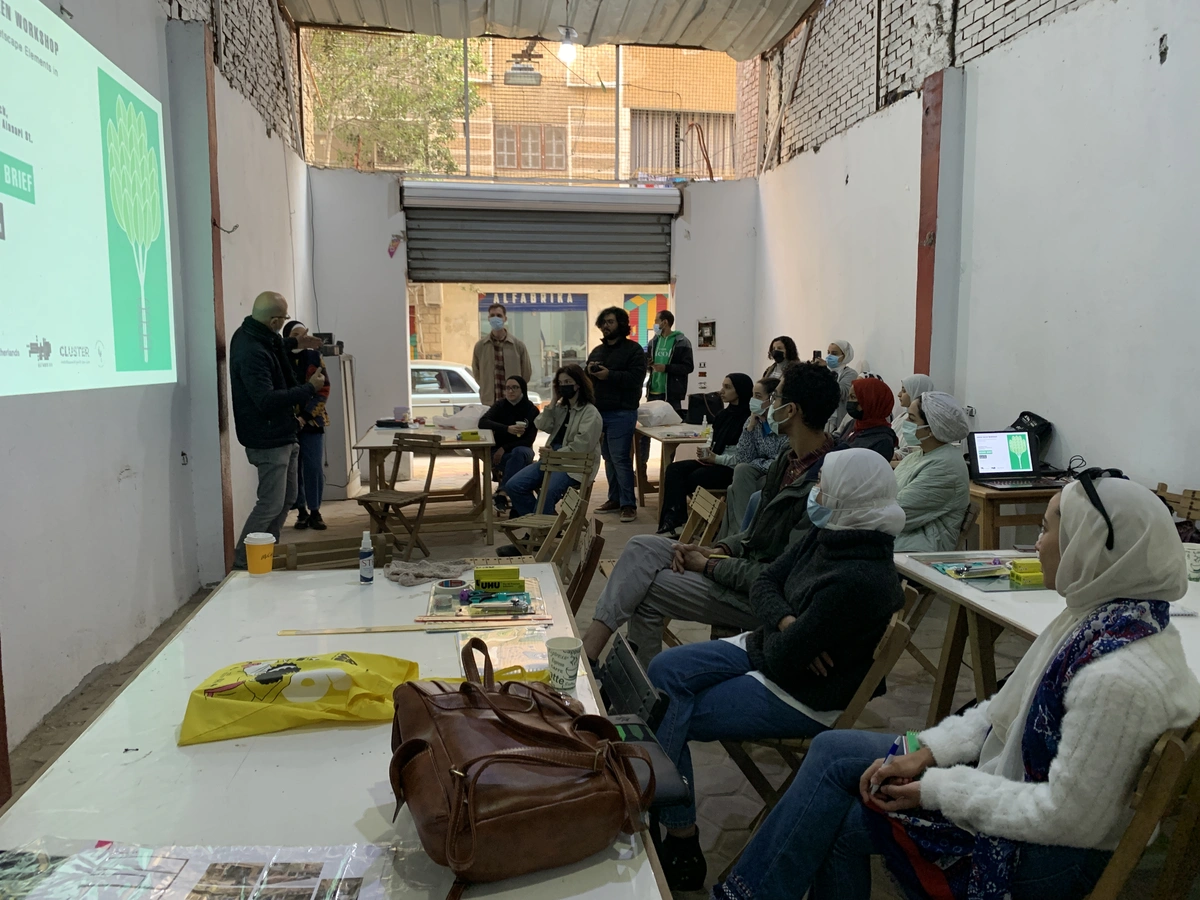
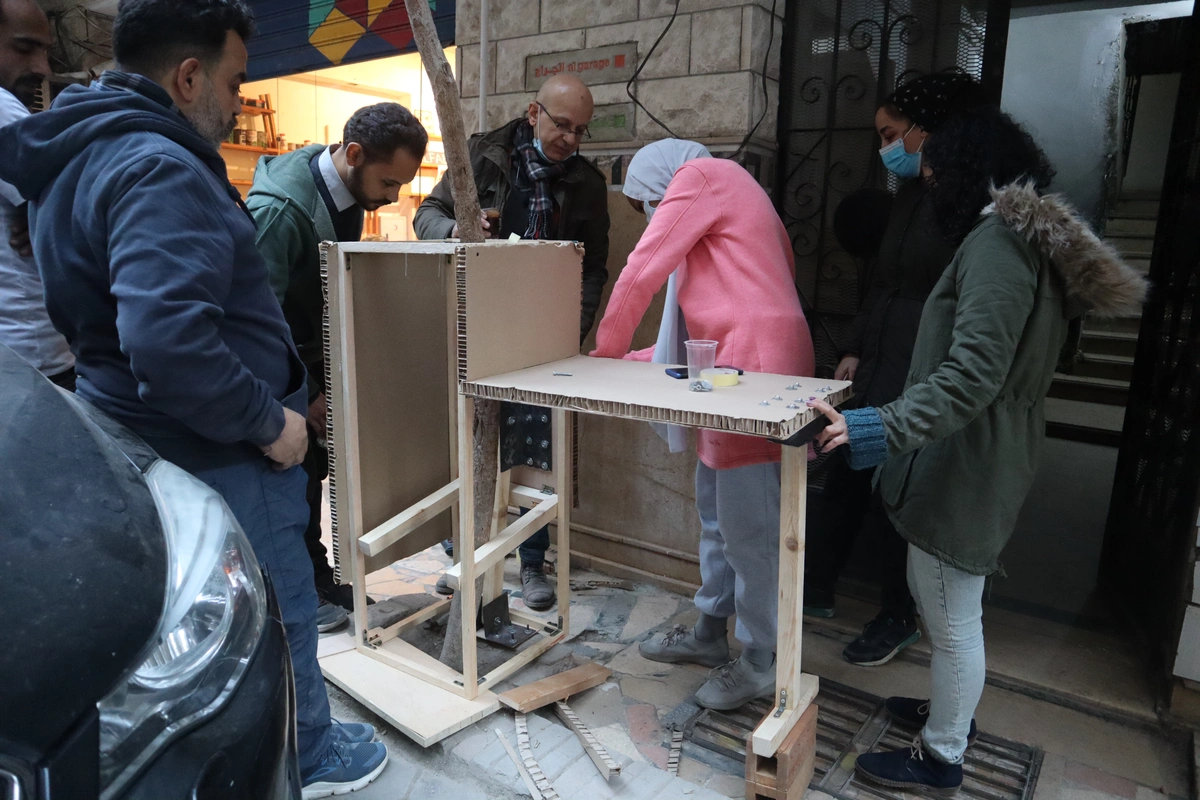
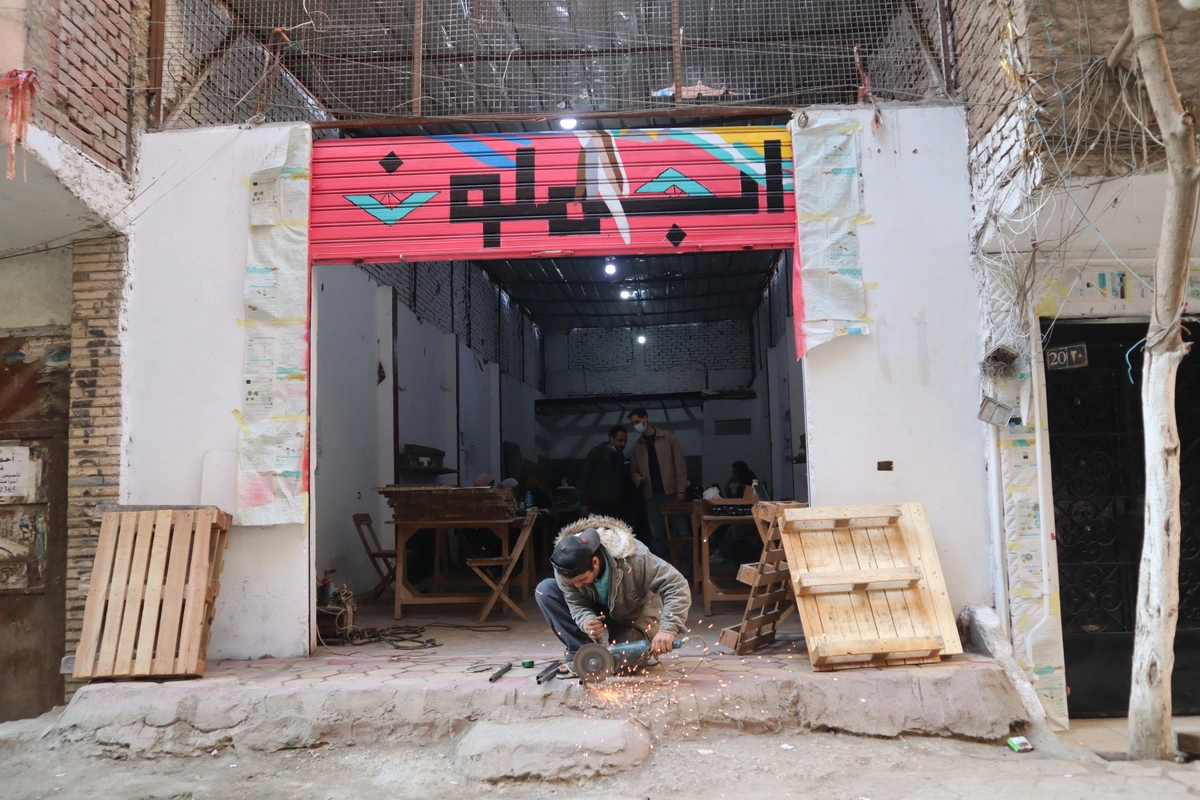
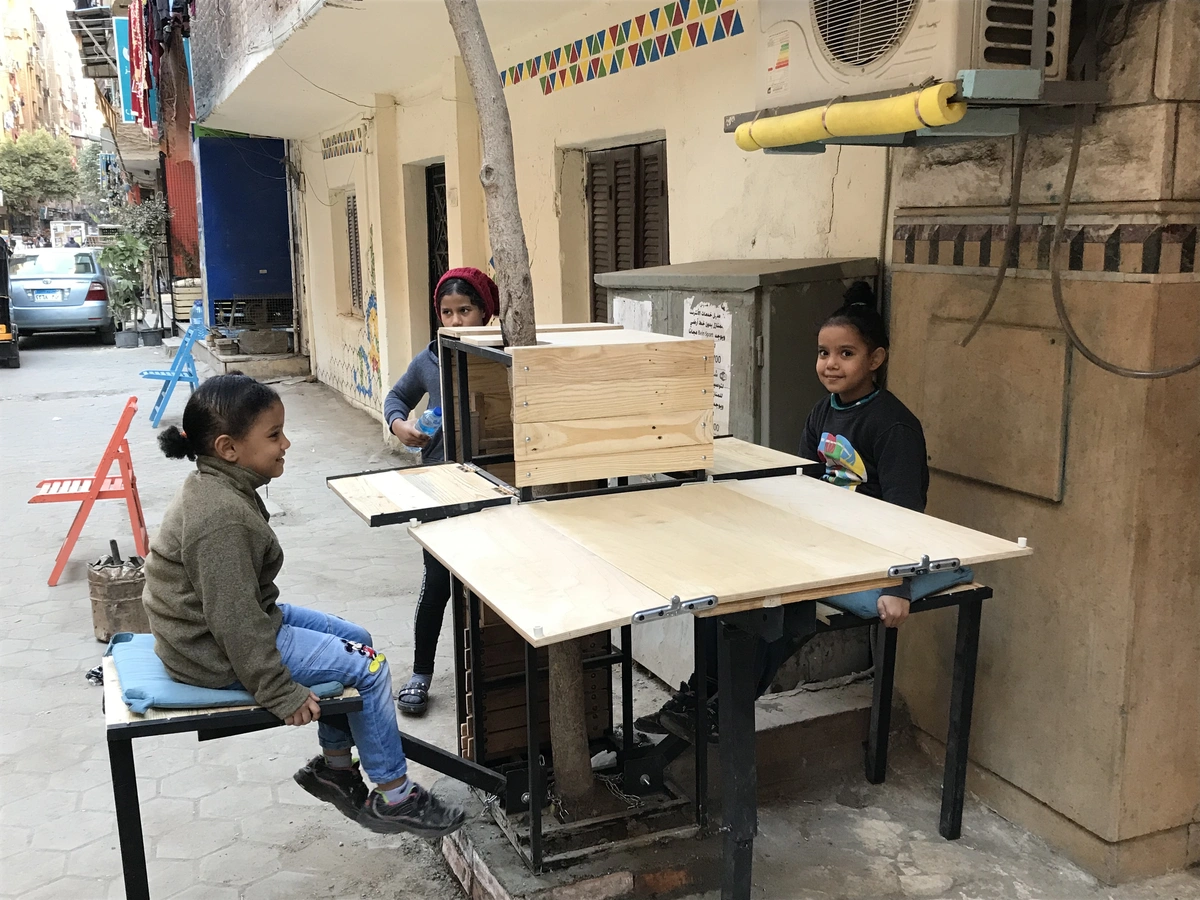
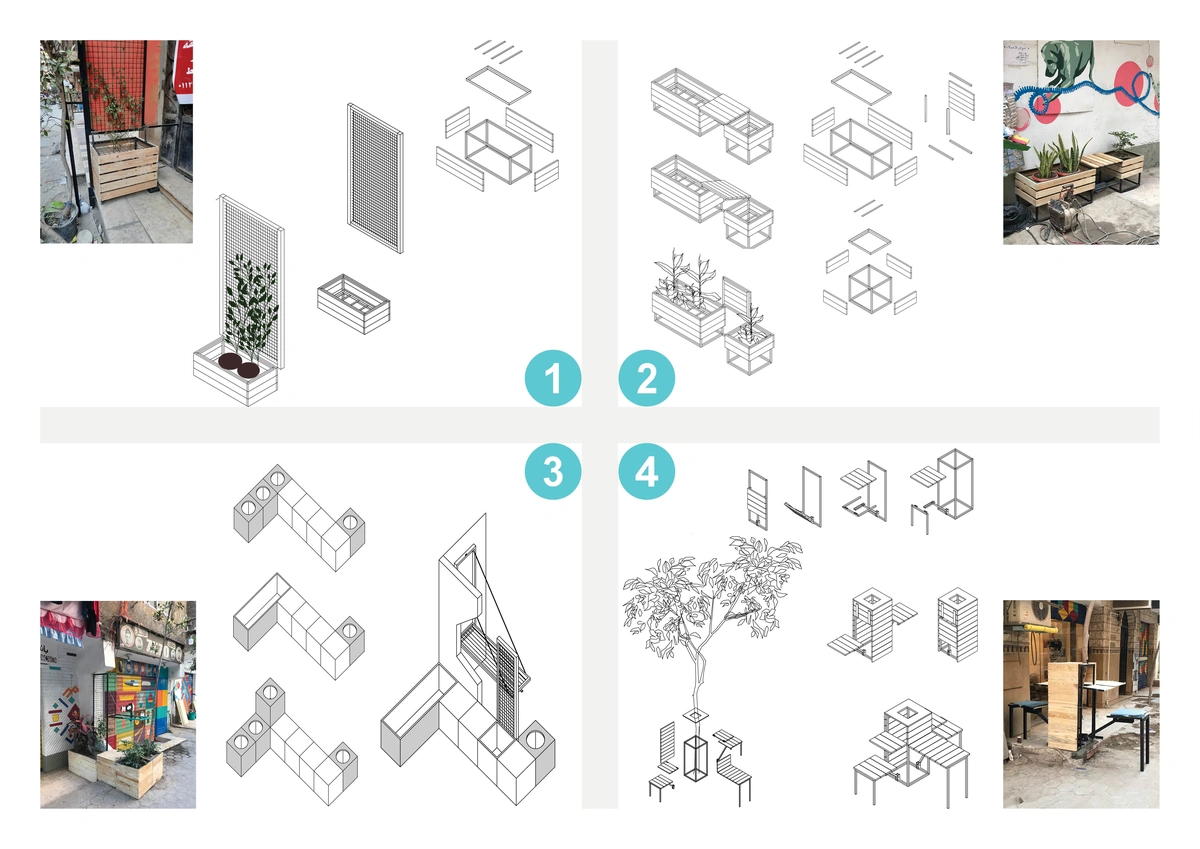
CLUSTER — Cairo Lab for Urban Studies, Training and Environmental Research — was founded in 2011 in Downtown Cairo, as a platform for urban research, architecture, art, and design initiatives. CLUSTER’s team engages in critical discourse while being grounded in professional practice, with an emphasis on participatory design processes. CLUSTER’s scope of activities includes research, mapping, design, programs and training. Previous design implementation projects range from Downtown and Cairo’s urban core to informal areas on its peripheries as well as a number of projects in Alexandria, Mansoura, Amman, Beirut, Berlin, Tunis and Tangier. CLUSTER aims at establishing a space for critical urban discourse and design practice, negotiating the blurred boundaries between formal/institutional regulations and everyday urban informality.
